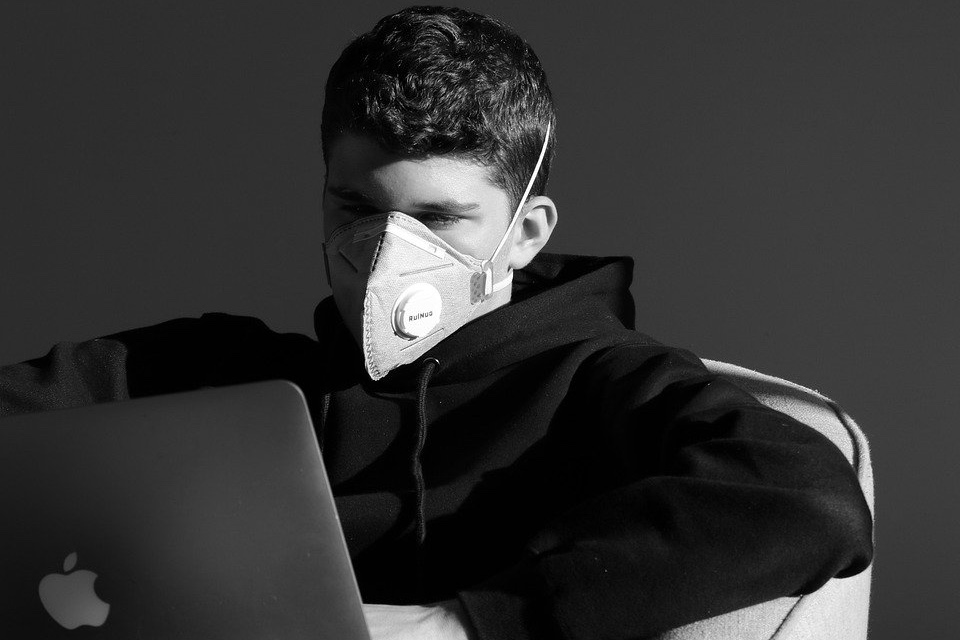With countries across the world now in lockdown due to the spread and risk of COVID-19, new research commissioned by Aetna International, conducted between March 4th-27th, shows a majority of businesses in the UK had prepared and reacted to the growing threat pre-lockdown.
According to the research, by March 11th when the World Health Organisation (WHO) officially declared COVID-19 a pandemic, 83% of businesses had already taken some form of action to support employees. In the markets the research covered, this date was two to three weeks before local lockdown policies were put in place, and a third (31%) of businesses had already given employees the option to work remotely, and 44% had issued health tips to employees.
The research amongst office workers across four markets (UK, USA, UAE and Singapore) was part of Aetna International’s ongoing insights programme into issues affecting businesses, including the provision of mental and physical health support. According to the findings, larger businesses (those with 5,000 employees or more) were perhaps understandably quicker to respond to the global issue, with 44% issuing guidance on how they were dealing with the risk prior to the WHO announcement.
In the UK, prior to the government’s advice to work from home on March 16th, over a third (36%) of businesses had already offered this to employees, whilst over half (56%) had issued health tips to minimise risk and advice for self-quarantine.
A quarter of UK businesses had already banned all travel and 50% had issued a policy on how they were dealing with it, according to employees.
Richard di Benedetto, President at Aetna International, said: “The spread of COVID-19 across the globe has been rapid, and its impact on all our lives – both personally and professionally – has been significant. Despite the economic challenges facing many businesses, it is testament to the resolve of business leaders that they reacted so quickly to support their employees’ health and well-being.
“Whether through simple messages and tips, or bringing in remote working early, clearly they were doing what they could in unbelievably challenging times. As this complex situation continues to evolve, we will continue to assess how companies are adapting during this period of uncertainty, to ensure we are doing all we can to help them safeguard the mental and physical health and well-being of their employees.”
UK results breakdown from March 4th-27th:
In the UK, prior to the government advice to work from home on 16 March…
- 81% had done something according to their employees 58% had issued a message of concern to all workers
- 50% had issued a policy on how they were dealing with it according to their employees
- 56% had offered health tips for minimizing the risk and advice for self-quarantine
- 36% had offered the opportunity to work remotely to all those concerned
- 9% had provided access to private medical health checks to all employees
- 25% had banned all travel
- 23% had begun to implement reduced working times
- 35% had suspended work-related events for large groups
- 34% had asked those that have travelled to high risk areas to work remotely for 14 days















